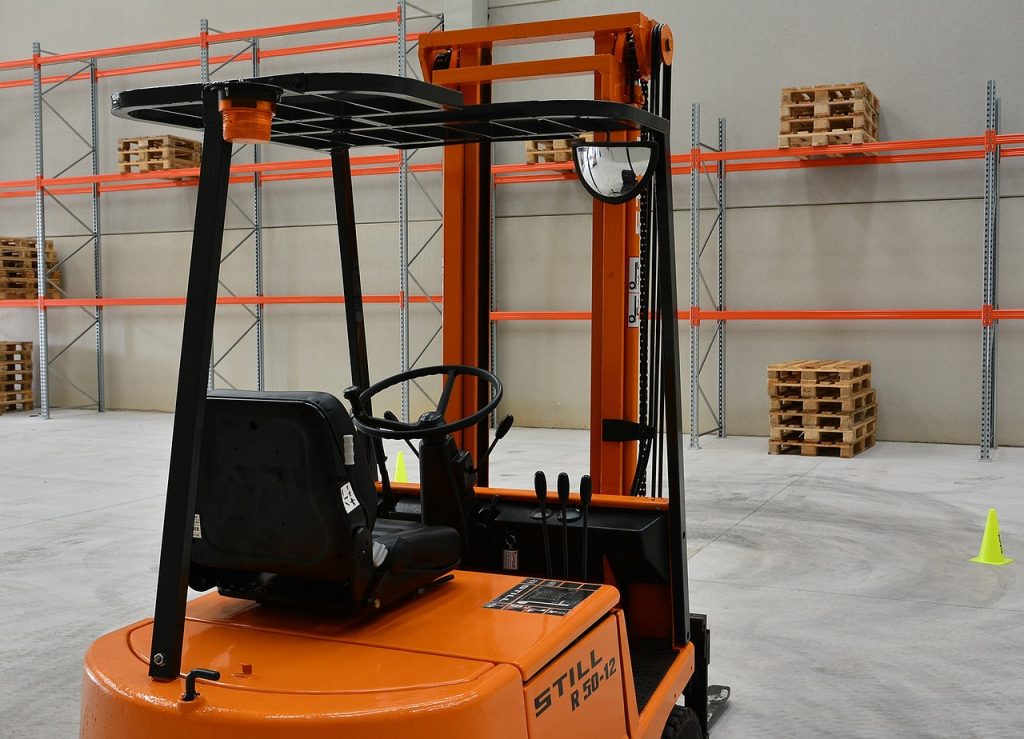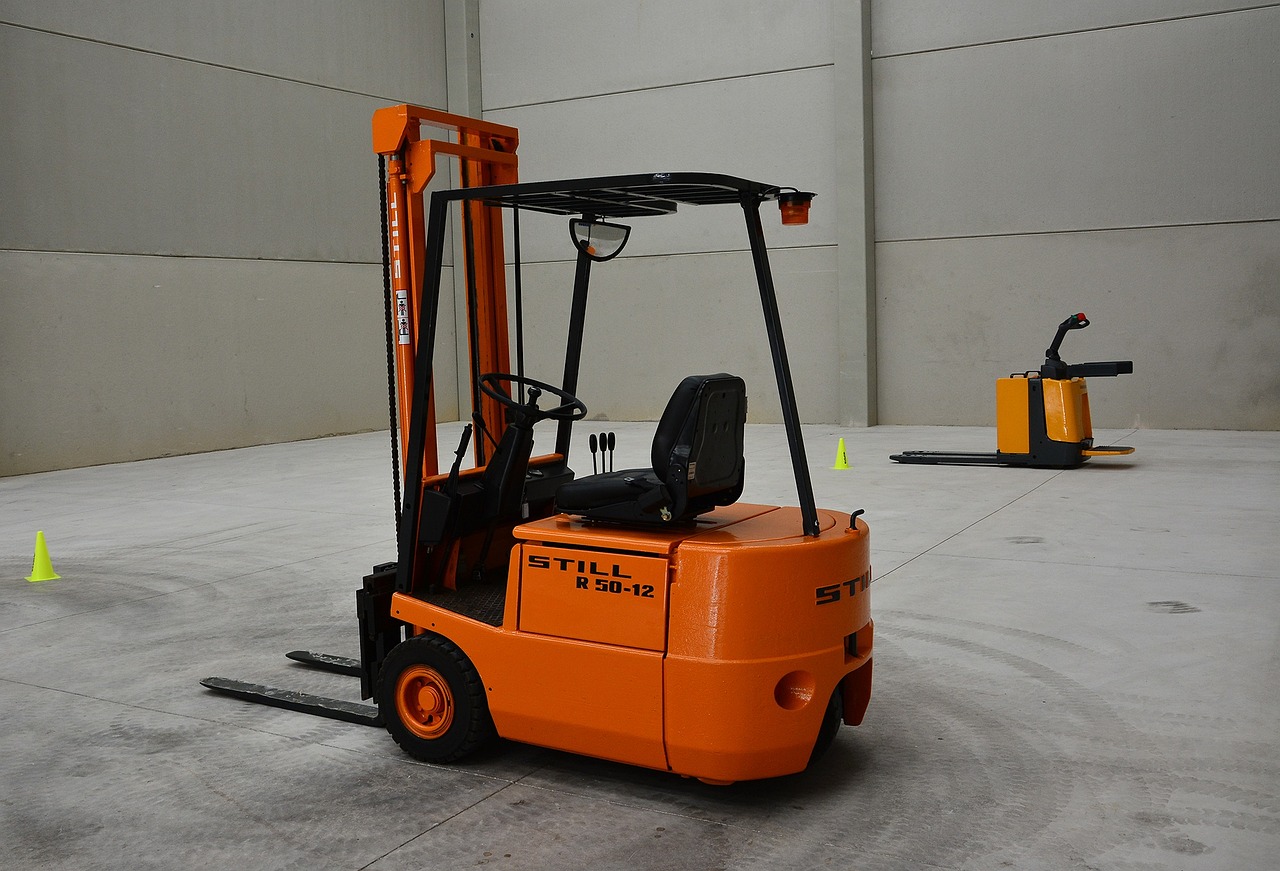
- Pallet trucks are crucial in various businesses for efficient and cost-effective material handling.
- Assessing business needs, choosing the right type, providing training, and conducting regular maintenance for pallet trucks are essential.
- Other vital considerations include purchasing from reputable suppliers, conducting risk assessments, and implementing proper storage and maintenance practices.
- Prioritizing safety protocols and employee well-being is essential when using pallet trucks in business operations.
Pallet trucks, commonly referred to as pallet jacks or pump trucks, play a vital role in the logistics and warehousing sector. These small but mighty machines are designed to move pallets of goods from one place to another efficiently. It may seem like a simple task, but carrying heavy loads without pallet trucks would be highly labor-intensive and time-consuming.
In this article, we will delve into the world of pallet trucks and explore their significance in various business operations.
Use of Pallet Trucks in Businesses
Pallet trucks are used in various industries, including manufacturing, warehousing, and retail. They offer an efficient and cost-effective solution for moving heavy loads within businesses.
Compared to manual labor, which can be physically exhausting and time-consuming, pallet trucks significantly reduce the strain on workers’ bodies while increasing productivity. They are also more accurate and precise, minimizing the risk of damage to goods during transportation.
Another advantage of using pallet trucks is their versatility. They come in various sizes and types, including manual, electric, and powered drive models, making them suitable for different environments and tasks. Whether navigating tight spaces in a warehouse or transporting goods over long distances, a pallet truck can handle the job.
8 Tips for Choosing and Using Pallet Trucks
Now that we understand the significance of pallet trucks in businesses, choosing and using them wisely is essential. Here are eight expert tips to help you make informed decisions and ensure efficiency and safety in material handling.
Tip 1: Assessing Your Business Needs for Pallet Trucks
Before purchasing pallet trucks, evaluating your business’s specific needs is crucial. Consider factors such as the type and weight of goods you will be moving, the distance they need to be transported, and the environment in which the trucks will be used.
Tip 2: Choosing the Right Type of Pallet Truck

As mentioned earlier, pallet trucks come in various types. Manual pallet trucks require physical effort from operators to move loads, while electric and powered drive models are more suitable for heavier loads and longer distances. Selecting the right type will depend on your business needs.
Tip 3: Ensuring Proper Training for Operators
To ensure the safe and efficient use of pallet trucks, it is crucial to provide proper training to operators. They should be familiar with the different types of pallet trucks, their functions, and safety protocols.
Tip 4: Regular Maintenance and Inspections
Like any other equipment, pallet trucks require regular maintenance and inspections to ensure they are in good working condition. This will prolong their lifespan and prevent any accidents or downtime due to malfunction.
Tip 5: Choosing the Right Pallets
It is essential to use pallets compatible with your chosen type of pallet truck. Different kinds of pallets have varying weight capacities, and using the wrong type can damage goods or even injuries.
Tip 6: Proper Loading and Securing of Goods
When loading the pallets onto the truck, it is crucial to distribute the weight evenly and secure them correctly to prevent any shifting during transportation. This will maintain balance and reduce the risk of accidents.
Tip 7: Understanding Weight Capacity and Load Limits
Every pallet truck has a maximum weight capacity and load limits that should not be exceeded. Understanding these limitations and adhering to them is essential to ensure safe and efficient operation.
Tip 8: Regularly Reviewing and Updating Safety Protocols
Lastly, it is crucial to regularly review and update safety protocols for using pallet trucks in your business. This will ensure that all employees know and follow proper safety procedures while operating the equipment.
Key Considerations

Aside from the tips mentioned above, there are a few other critical considerations to remember when selecting and utilizing pallet trucks for your business. These include:
- Purchase from reputable suppliers or manufacturers who adhere to safety standards.
- Conduct regular risk assessments to identify any potential hazards and address them promptly.
- Implement proper storage and maintenance practices to prolong the lifespan of your pallet trucks.
The Bottom Line
Pallet trucks are a vital tool in material handling operations for various industries. By choosing and using them wisely, businesses can ensure efficiency, productivity, and safety when moving heavy loads. With the expert tips and key considerations mentioned above, you can make informed decisions when selecting and utilizing pallet trucks for your business needs. Remember to prioritize the well-being of your employees and adhere to safety protocols to achieve the best results.
